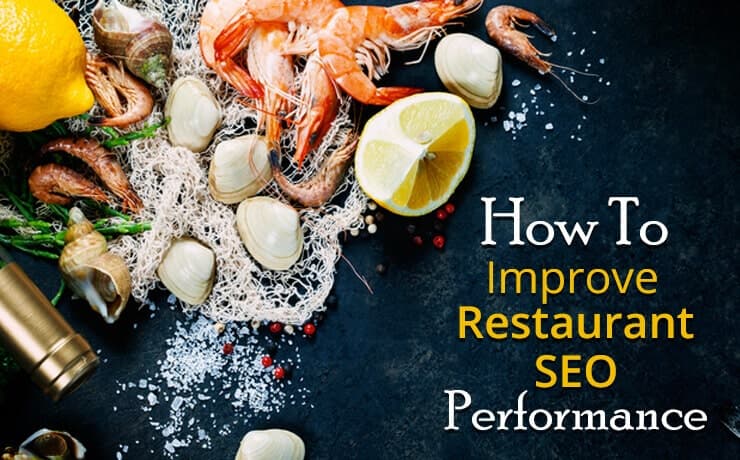How To Improve Restaurant SEO Performance

Chad Faith
Director of Content

In today’s time, restaurateurs would be left far behind if they do not have a restaurant website. Setting up a website is one thing. Increasing its Google rankings and improving restaurant SEO performance is another. So, how has your website performed in Google to date? Online marketing for restaurants is important. If it is done correctly, you can improve your search visibility, which drives more hungry customers into your restaurant or even place online orders. Let’s find out how you can boost your website in the Search Engine Results Pages (SERP)!
Localize Your Content
It is important that you provide adequate cues and context to the search engines and users as to where your restaurant is and the areas that it serves. Be clear on these because sometimes out of town visitors and the search engines do not fully comprehend the unofficial names of local areas and neighborhoods. When you provide localized content that is tied into the community, you can help everyone out. The content that you write for each area should be tailored to the store, i.e. featuring community engagement, neighborhood information, local history, and more.
Encourage, Gather, and Showcase Reviews and Testimonials
All these, “I love your food!” testimonials go a long way. These days, it is nearly impossible to search for a restaurant without looking at its rating scores and reviews in the immediate results. It goes without saying that people tend to click on restaurants with higher star ratings. Reviews have long been considered an engagement tactic and a part of a social media strategy. However, it also has a broad impact on traffic to your site through search results pages.
If you are looking to display your star ratings appear in search results, you will need to use structured data markup. If you do not have any online ratings yet, you should develop a strategy that involves collecting as many reviews as possible.
Leverage Social Media Sites
Whether social media has a direct impact on search engine optimization or not, you should know that engagement from those sites can drive users to your website. As you can see, social media is powerful touchpoint of the customer journey. It can inform your potential customers what experience awaits at your restaurant. In other words, you can build a strong organic search presence via social media.
Factors such as popularity, engagement, and content are important SEO pillars of authority and relevance. When you are on social media, you should engage with followers and always reply to their inquiries without delay. Notice how Facebook tells users the average response time of the business they are interacting with?
Use the Right Terms
Restaurant owners can focus on a few distinct groupings of terms, e.g. brand terms, niche-specific terms, and high-level restaurant terms. The first group refers to individuals who searched for your restaurant by name. You need to know how many people search via this method. The second group comprises terms that are related to the categories your restaurant might fall into, which might be searched. Some examples include fine dining restaurants, Italian restaurants, sushi, among others. If you don’t know what wording or specific categories to use, you can browse through the filtering criteria of TripAdvisor, Yelp, or Google Maps.
Don’t expect a user to perform a search with single terms such as “restaurants.” You need to add in a geographic modifier, e.g. Manhattan restaurants. You can use the Google Keyword Planner tool to gather ideas on what to use.
 Free
Consultation
Free
Consultation Free
Google Ads Audit
Free
Google Ads Audit







